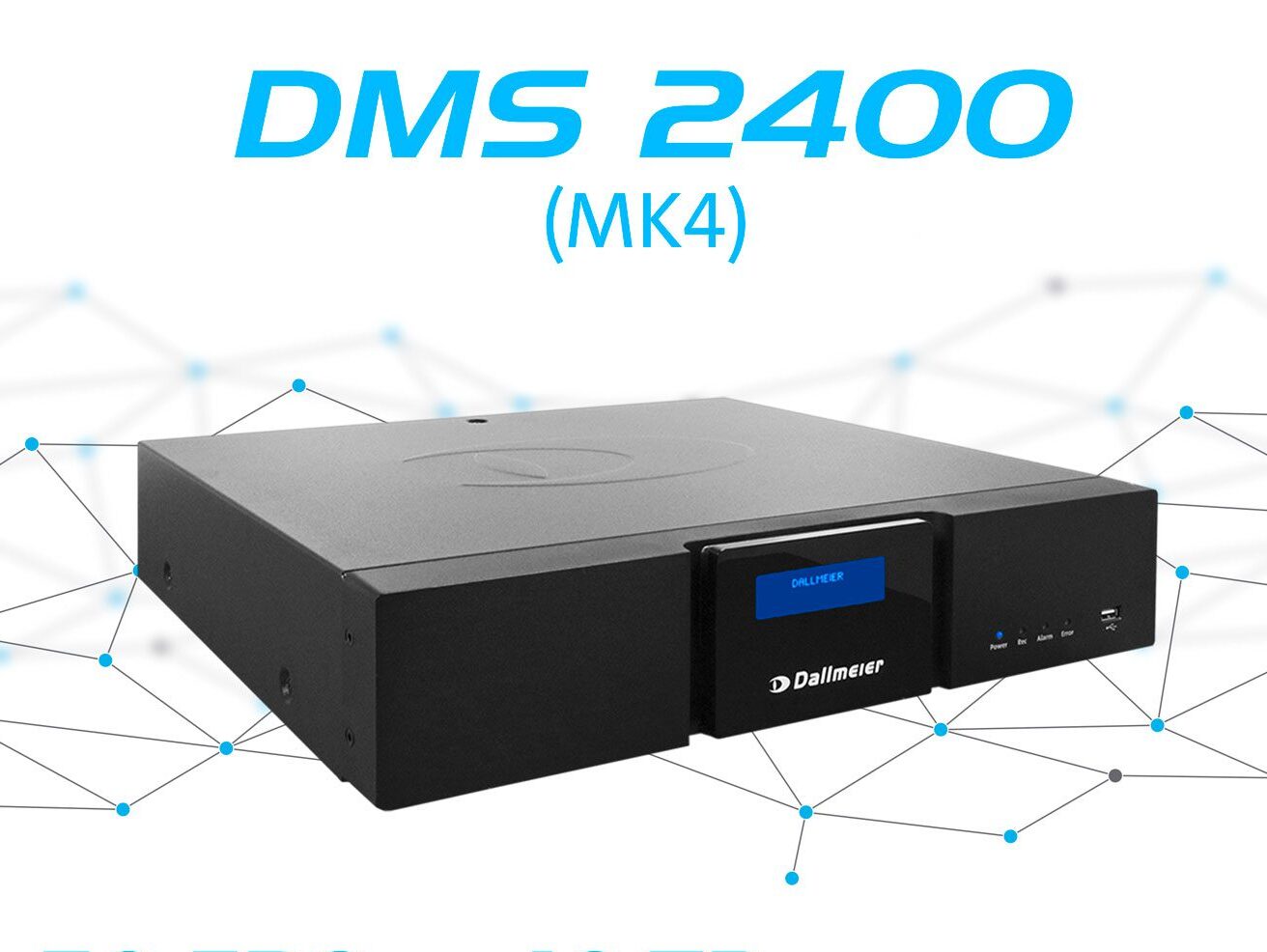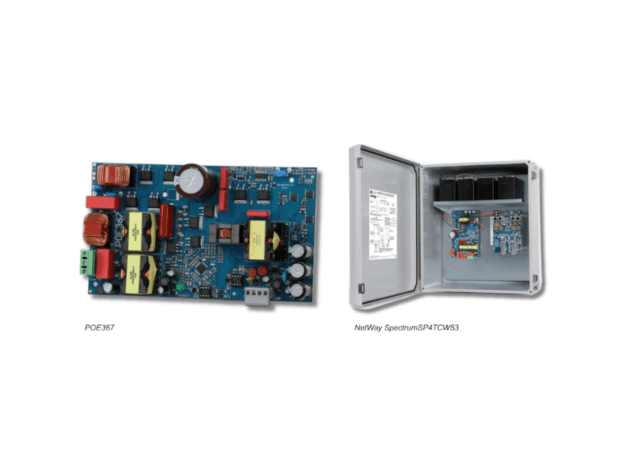A new report by Accenture finds two-thirds of international travelers and import/export traders surveyed are supportive of borders, immigration, and customs agencies deploying existing and emerging technology solutions to improve operations in the movement of people and goods. In addition, three quarters (75%) of respondents agreed that border processes will look dramatically different by 2030.
The report, Future borders 2030: From vision to reality, compiled data from 2022 surveys of travelers and traders involved in international importing and exporting across nine countries (Australia, Canada, Finland, France, Germany, Saudi Arabia, Singapore, United Kingdom, and the United States) and draws upon a recent multi-country survey of border agency employees.
The report’s findings indicate that maintaining the status quo is not an option for border agencies. Fifty-seven percent of international travelers claimed to select their travel or layover destination based on whether they think their experience with border security will be seamless and easy, while 28% have changed travel or layover destinations because they anticipated a difficult border experience. Importers and exporters were found to act similarly, with 17% indicating they have stopped contracts due to a poor experience with customs processes in certain countries
The report also found around one-third of people (30%) are planning to travel more internationally than they did before the pandemic. Global trade is also growing, driven by the boom in e-commerce, which is currently projected to grow from $4.21 trillion in 2020 to $17.53 trillion by 2030. However, 85% of importers are expecting increased volatility over the next three years, compared to the previous three.
“We need to leverage technology to create more frictionless experience for travelers and the movement of goods,” said Prasanna Ellanti, who leads Accenture’s border services work. “This includes focusing on customer expectations, enhancing data capabilities, and embracing emerging technologies such as the metaverse.”
The report highlights three key technology trends:
1. Frictionless by design: Experiences at borders becoming more frictionless and focused on satisfying the needs and desires of their users for safer, faster and more responsive journeys.
2. Trust to truth: Growing compilation and usage of data for assessments both before and during border and customs interactions.
3. Virtual frontiers: The emergence and acceleration of the metaverse and its impact on borders for training staff, facilitating inspections and the processing of travelers and trade.
“We expect such changes to unfold quite rapidly between now and 2030,” Prasanna added. “Travelers and traders show very strong support for deploying new and emerging technology advances, and we see growing demands and pressures on agencies ushering in a period of true reinvention of how they deliver border services.”
To read more news and exclusive features see our latest issue here.
Never miss a story… Follow us on:
Security Buyer
@SecurityBuyer
@Secbuyer
Media Contact
Rebecca Morpeth Spayne,
Editor, Security Portfolio
Tel: +44 (0) 1622 823 922
Email: [email protected]
























